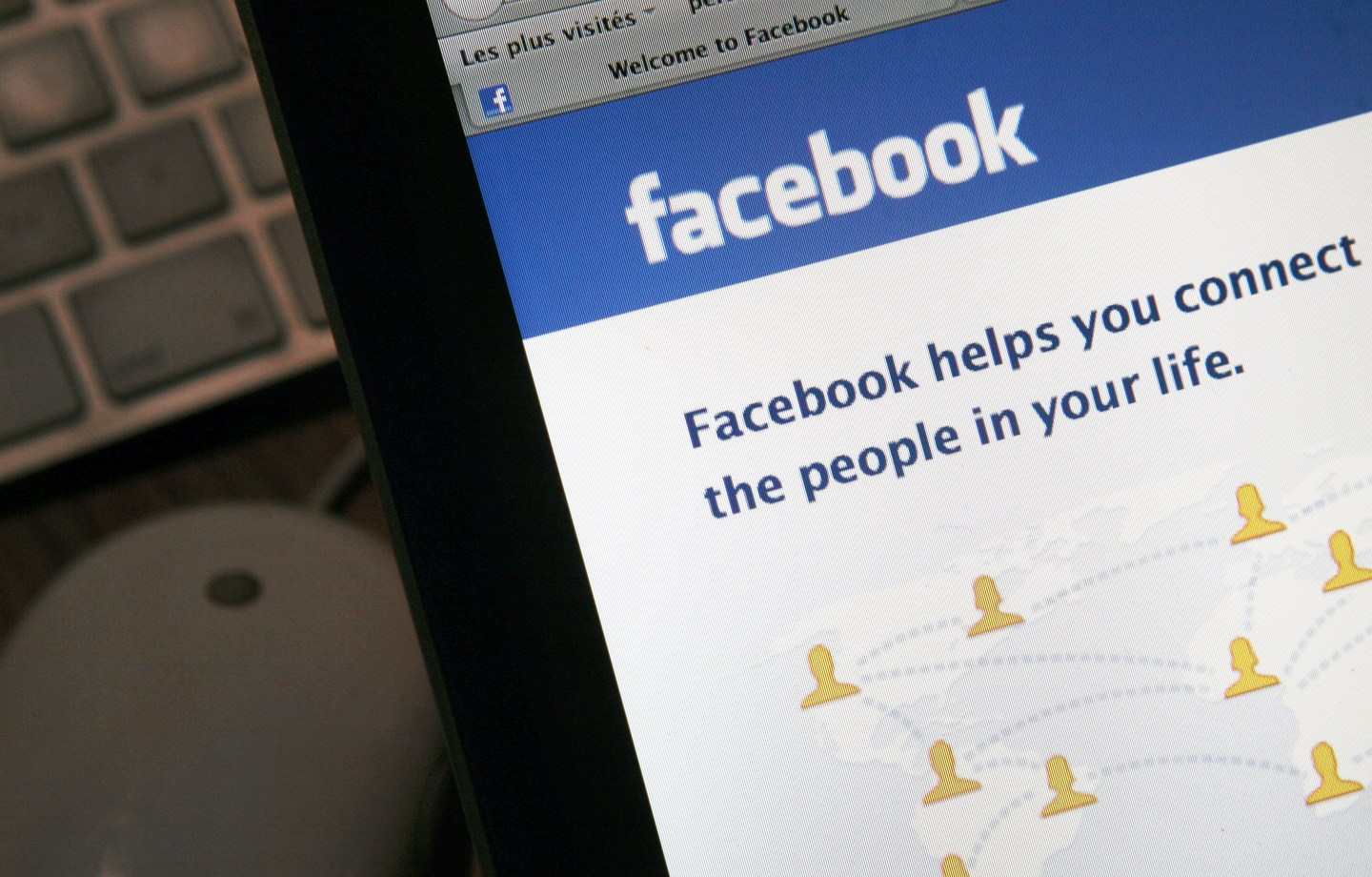Anger and incivility are among the most striking features of this election, and everyone has an explanation (usually that it’s the other side’s fault). Now the Pew Research Center offers important new evidence based on actual data. The bottom line is that while social media are a blessing in many ways, they also have a dark side, and this election illustrates it starkly.
Increasing use of social media is the flip side of a drop in what researchers call “off-line” interaction, or talking in-person. Thus the common sight of young people sitting silently around a table communicating with their thumbs, often among themselves. A problem with this trend, Pew finds, is that the vast majority of social media users feel that “people say things when discussing politics on social media that they would never say in person.”
Specifically, about half of social media users believe that political discussions on social media are angrier, less respectful, and less civil than discussions elsewhere; smaller percentages think they’re about the same, and mostly single-digit percentages think they’re actually an improvement.
A large majority just ignore content they disagree with rather than engage in discussion. Similarly large majorities say they’ve never changed their mind about a political candidate or about a social or political issue because of something they saw on social media. Only about a quarter of social media users follow political figures, and they’re almost always people the user agrees with.
Only about 3% say they follow mostly people with opposing views, but don’t suppose that these are determinedly open-minded voters. Just the opposite; as Pew notes, this practice is known as “hate-following.”
Who’s to blame? Enthusiastic supporters of Donald Trump and Hillary Clinton will be disappointed that the views noted here are held with nearly precise equality by members of both parties. Increasing anger and incivility are no more the other side’s fault than they’re your side’s fault.
Contrast these findings – and very likely your own online experience – with what happens when people discuss politics in person. Tempers can certainly flare, but most of us stay in control and at least civil most of the time. It’s harder to hate someone in person – not impossible, but harder. When talking face-to-face with a seemingly reasonable human being, we can more easily open ourselves to the possibility of changing our mind; we may not change it on the spot, but we might start down that road.
Increasing political polarization far pre-dates social media. Political scientists find that polarization in Congress, as measured by legislators’ voting records, has been widening since the e nd of World War II. In addition, one could argue that social media incivility merely reflects the larger culture. But which is causing which? The best explanation seems to be that even if social media only mirror cultural trends, they’re a magnifying mirror.
Sign up for daily insights, updates, and opinion on leadership and leaders in the news at the Power Sheet.
It’s hard to see any reason why these unhappy trends will reverse. But those who are heavily into social media might consider trying the intensely human experience of having coffee or a beer with someone from the other side. If nothing else, it will be different.













